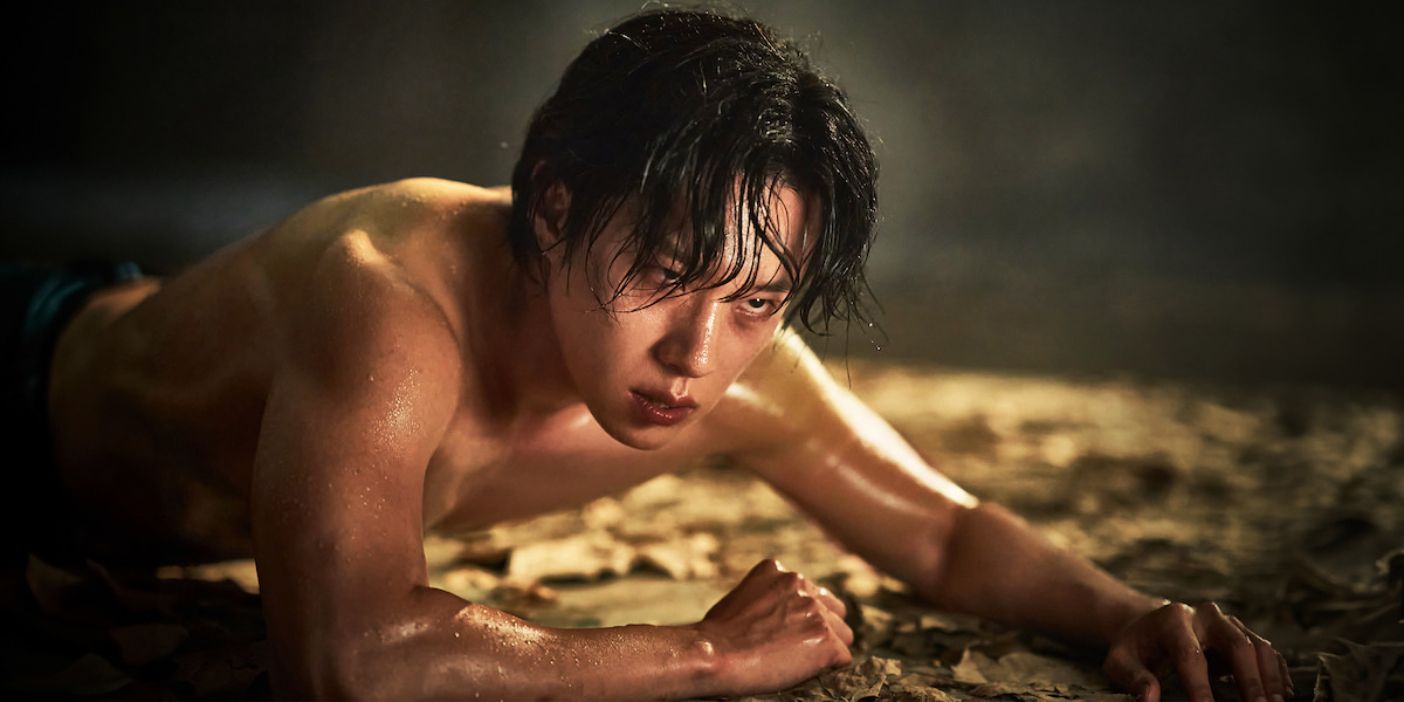Hellbound (2021): A Dark, Provocative Look at Justice, Fear, and Faith
Hellbound, the 2021 South Korean supernatural thriller series created by Yeon Sang-ho (the director of Train to Busan) and based on his own webtoon, is a chilling exploration of fear, justice, and the power of belief. Released globally on Netflix, the show captivated international audiences with its unsettling premise, philosophical depth, and bold storytelling. With only six episodes in its first season, Hellbound quickly made an impact, drawing comparisons to Black Mirror and The Leftovers for its thought-provoking take on society and morality.
The story begins in a near-future version of Seoul, where people suddenly begin receiving mysterious proclamations from a ghostly entity known as an "angel." These declarations foretell the exact time of the recipient’s death—and damnation. At the appointed hour, monstrous smoke-like creatures appear and brutally kill the victim before dragging their soul to hell. The shocking public nature of these deaths causes widespread panic, allowing a mysterious religious group called The New Truth Society, led by the charismatic Jeong Jin-soo (played by Yoo Ah-in), to gain power and influence by claiming these events are divine punishment for sinners.

The series cleverly intertwines personal tragedy with societal chaos. As fear grips the public, The New Truth rises as a moral authority, preaching that those condemned must have committed secret sins. A secondary, violent cult called the Arrowhead emerges, attacking anyone who questions this belief. The media, the police, and even ordinary citizens begin to conform to the fear-driven ideology, echoing real-world patterns of manipulation, scapegoating, and mass hysteria.
What makes Hellbound especially compelling is how it shifts focus halfway through the season. After a shocking time jump, the story pivots to a new set of characters, including a lawyer named Min Hye-jin and a couple whose newborn baby receives a damnation decree—completely undermining The New Truth’s logic. This narrative twist deepens the series' critique of religious extremism and challenges viewers to consider what happens when institutional power builds itself on fear rather than truth.

Visually, Hellbound is dark, moody, and atmospheric. The CGI monsters are terrifying not only in their design but in what they represent—divine violence as unquestionable authority. The show doesn’t rely heavily on action; instead, it builds dread through silence, stillness, and the terrifying acceptance of injustice. The performances are uniformly strong, with Yoo Ah-in delivering a chilling portrayal of a soft-spoken but deeply conflicted cult leader.
Hellbound doesn’t offer easy answers. It asks difficult questions about morality, punishment, and collective belief systems. It critiques how societies respond to fear, how truths can be weaponized, and how institutions—both religious and political—can manipulate uncertainty to consolidate control. The ending is deliberately ambiguous, opening the door for interpretation and a second season (which is currently in development).
In summary, Hellbound is not just a supernatural horror series—it is a biting social commentary wrapped in myth and fear. With its bold storytelling and psychological intensity, it cements South Korea’s growing reputation for delivering globally relevant, genre-bending television.
-1751965785-q80.webp)
